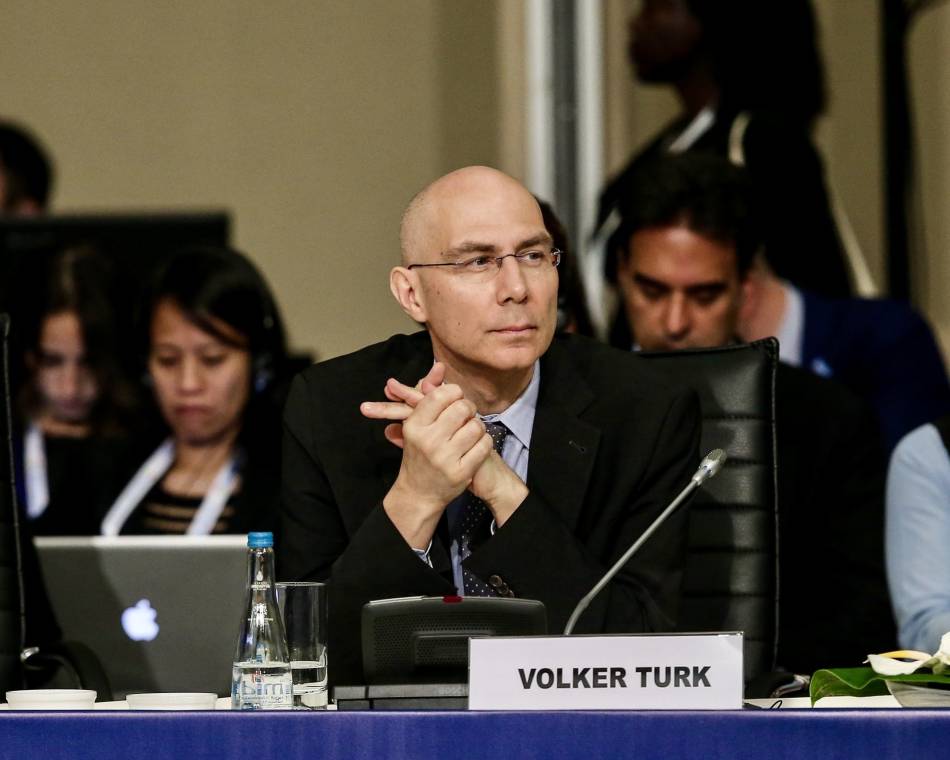United Nations career diplomat Volker Türk of Austria won approval from the U.N. General Assembly on Thursday to replace former U.N. human rights Michelle Bachelet, whose term ended at the start of this month.
The 193-nation assembly quickly approved Türk's appointment by consensus after U.N. Secretary-General António Guterres put forward his nomination. Turk said he was “deeply honored” to be appointed as the next U.N. human rights chief.









